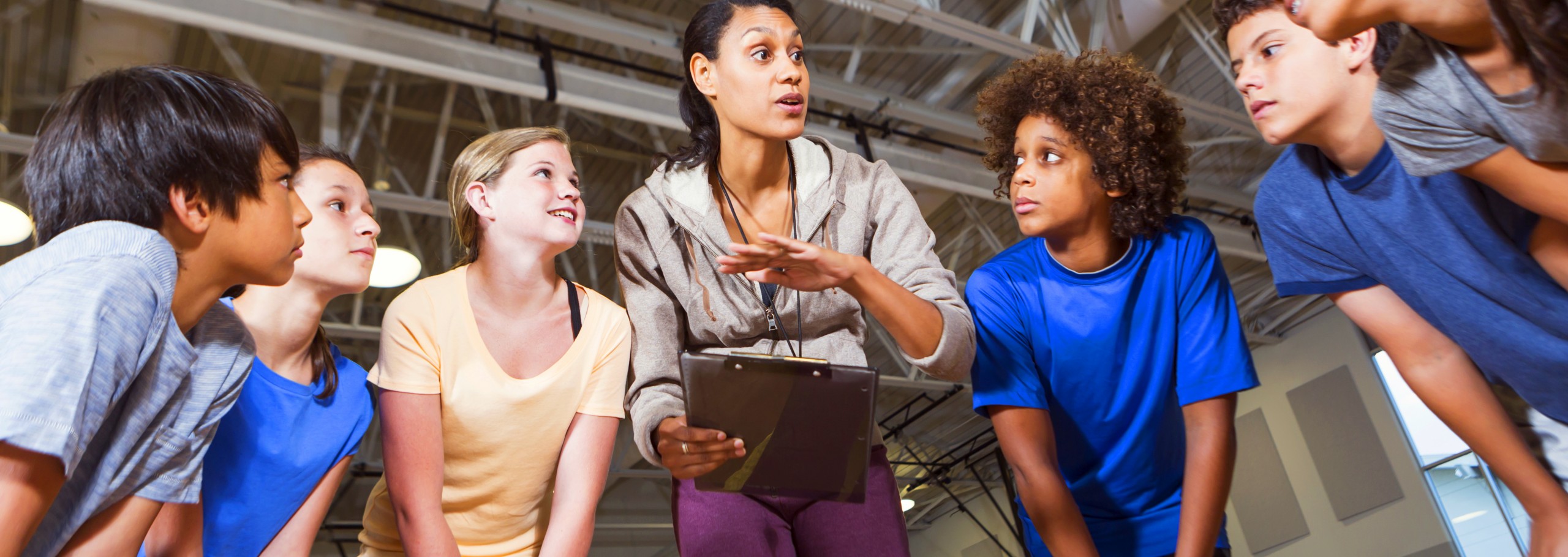Social-Emotional Learning

Expanded learning opportunities have the flexibility to engage young people in hands-on, experiential learning that builds critical social-emotional skills.
The Collaborative for Academic, Social, and Emotional Learning (CASEL) defines social-emotional learning as the process through which all young people and adults acquire and apply the knowledge, skills, and attitudes to:
- Develop healthy identities
- Understand and manage emotions
- Achieve personal and collective goals
- Feel and show empathy
- Establish and maintain relationships
- Make responsible and caring decision
When we develop these skills, we improve our ability to form trusting relationships and connect with individuals of diverse perspectives, cultures, languages, identities, and abilities. Social-emotional learning can help address inequities and empower young people and adults to co-create safe spaces in schools and communities. (source)
In Washington state, School’s Out Washington led the process of developing a set of Quality Standards for the expanded learning field that support social-emotional outcomes for young people. The Quality Standards provide guidance for youth development professionals in delivering quality programming with specific focus on cultural competency and responsiveness, relationships, and youth leadership and engagement.
In 2015, the Washington State Legislature directed OSPI to, “convene a workgroup to recommend comprehensive benchmarks for developmentally appropriate interpersonal and decision-making knowledge and skills of social and emotional learning for grades kindergarten through high school that build upon what is being done in early learning.” Based on this directive, the Social-Emotional Learning Indicators Workgroup developed a framework with guiding principles, standards and benchmarks that provide the foundation and system for effective social-emotional learning programs. These social-emotional learning standards focus explicitly on the skills and abilities of young people.
Washington’s 6 social-emotional learning standards include:
- Self-awareness
An individual has the ability to identify and name one’s emotions and influence their own behavior. - Self-management
An individual develops and demonstrates the ability to regulate emotions, thoughts and behaviors in context with people different than oneself. - Self-efficacy
An individual has the ability to motivate oneself, persevere, and see oneself as capable. - Social awareness
An individual has the ability to take the perspective of and empathize with others from diverse backgrounds and cultures. - Social management
An individual has the ability to make safe and constructive choices about personal behavior and social interactions. - Social engagement
An individual has the ability to consider others and a desire to contribute to the well-being of school and community.
Questions?
Contact our Strategy and Partnerships Director, Fahren Johnson, at fjohnson@schoolsoutwashington.org.
